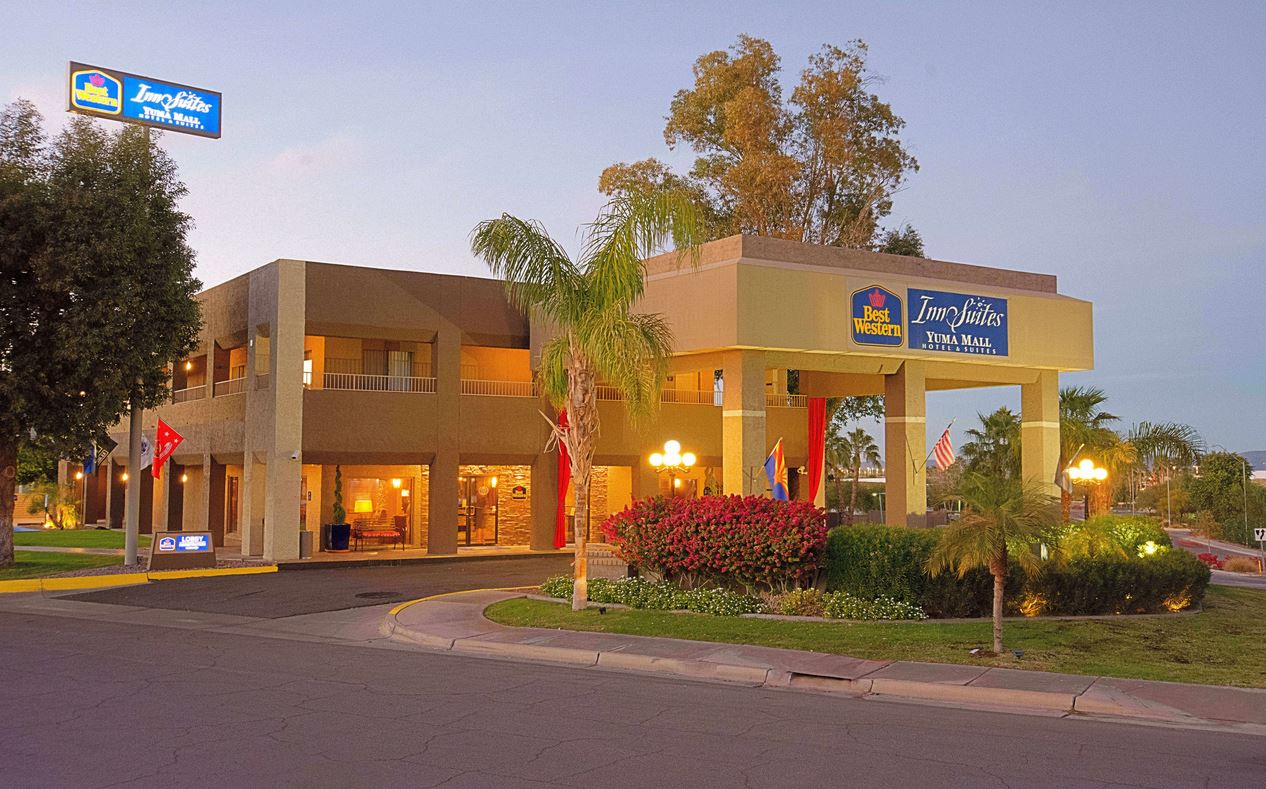LAS VEGAS—Pamela Barnhill has strong feelings about the success of independent hotels, and what it takes for these companies to get ahead today.
As founder of IBC Hospitality Technologies, a technology provider for independent hotels, as well as president and COO of InnSuites Hospitality Trust, she put together the InnDependent Lodging Executive Summit to promote knowledge and improve business for independent hotels throughout the industry. The event, now in its third year, was held at the Hard Rock Hotel & Casino in Las Vegas, and Barnhill said that independent hoteliers have more opportunities than ever to succeed. But they also have new challenges to overcome thanks to larger consolidation in the industry and a growing number of soft brands snapping up unique hotels. Here are four takeaways from HOTEL MANAGEMENT's meeting with Barnhill:
1. Customer Acquisition Remains a Challenge
The internet has made operating a successful independent hotel an opportunity for many who may not have had a chance before, but Barnhill said the number of reservations coming from online travel agencies makes it difficult for independents to stay ahead.
"Without direct bookings, the cost of acquiring a customer remains a challenge," Barnhill said. "Bookings that come through OTAs don't provide guest information for repeat business. [Operators] can try to collect that information at check-in or check-out, but guests often assume you already have it or are resistant to the idea."
Barnhill said retargeting customers through email marketing and social media is more important for independents than ever before, but it's something many of them struggle with. She said many independent operators are unaware of retargeting programs available to them, and it is sometimes difficult for legacy owners to adapt to new technology that would previously have been handled by a brand affiliation.
"Not only that, finding a retargeting company is the easy part," Barnhill said. "Writing and finding the relevant content for an email marketing campaign is truly difficult. We provide this service to many independent hotels, so they know they want and need it but often they don't want to do it themselves."

2. Financing is Available
Once upon a time, banks almost demanded a brand affiliation before providing a loan to prospective hotel owners. Now, Barnhill said the rise of soft brands and the popularity of the home-sharing market has helped banks catch on to the appeal of independent hotels, making them more willing to open their wallets.
"It used to be hard to find people who would take you seriously as an independent looking for financing, but there are a lot more opportunities available for those interested," Barnhill said. "Now with so many soft brands out there, banks find it acceptable to underwrite loans to independents. They understand the concept now, where even a few years ago they didn't."
3. Independents Need Discipline
Barnhill said independent hotels have an advantage over their competition because of their willingness to take chances and stand out in a market without being tied to brand standards, but that freewheeling attitude is sometimes a detriment as well. Without a brand to answer to, Barnhill said independent hoteliers sometimes fall behind in terms of upkeep and reinvestment.
"Brands will force you to update, independents have to be disciplined to reinvest in their property," Barnhill said. "It's difficult to reinvest sometimes, because at that point it really is your own money. It's a constant struggle not just for hoteliers, but for all small businesses."
To Barnhill, this is why the soft-brand strategy is so appealing to operators. Under a soft brand, independent hotels are able to keep their concept and much of their freedom while having a brand to answer to, keeping the property up to date as a result.
"It's mostly branded hotels becoming soft brands to justify the large monthly fees they already pay," Barnhill said. "When they outgrow their brand, or want to go in a new direction, sometimes this makes more sense to them than going full independent."

4. Now is the Time to Evolve
Independent hotels are popular today because they understand experiential travel, Barnhill said, and she said that now is a teachable moment for the industry. While the popularity of independent, boutique and lifestyle hotels helped kick start experiential travel trends, Barnhill said hotels should look to tech companies and disruptors for ideas.
"Anticipating needs is more important than ever," she said. "There are applications out there that update guests on the daily weather and what to do in the area based on that information. To pull that off you really need to know who your guest is and anticipate their needs before they articulate them."
The concept of loyalty also came up, with Barnhill admitting many independents struggle in this area. InnSuites Hospitality Trust offers a loyalty program called InnCentives, which tracks guest stays and converts them into cash that can be accessed via Facebook or Gmail and used at 60,000 hotels worldwide. Barnhill also revealed that in six weeks the program will be extended to include airline miles, restaurants and retail locations.
"It's all about knowing the location and your guest," Barnhill said. "A Starbucks card is a big draw in North America, but it means almost nothing in South America. More options is always better."
